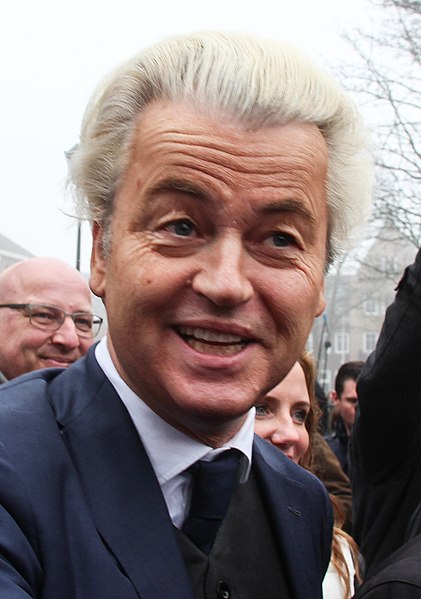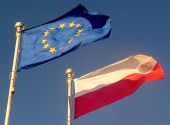
Geert Wilders, leader of the PVV, stood triumphantly amid reporters after his unexpected win.
In an unforeseen turn of events, the far-right PVV has emerged as the major victor in the Dutch general election, advocating for closed borders, a Nexit, and the "de-Islamization" of the Netherlands. The party clinched nearly 25% of the vote, doubling its support from the 2021 elections, with 98% of the votes tallied.
Addressing an enthusiastic crowd at a Scheveningen café, PVV leader Geert Wilders hailed the election outcome as a testament to the Netherlands' citizens reaching a breaking point. "The Dutchman will be back in first place," he declared. "The Netherlands holds hope… our people will reclaim their country, limiting the influx of refugees and immigrants."
However, Wilders acknowledged the weighty responsibility accompanying this victory, emphasizing the party's commitment to realizing the aspirations of the Dutch populace. "We must collaborate with other parties," he stressed. "Our voice cannot be disregarded."
Amidst the fervor, the GroenLinks/PvdA alliance, steered by former European commissioner Frans Timmermans, secured 25 seats, marking an eight-seat increase from their current total. This alliance notably triumphed in key cities like Amsterdam, Groningen, Leeuwarden, and Utrecht, regions historically less supportive of the PVV.
Contrary to earlier predictions, the VVD, initially considered a frontrunner, settled in third place with 24 seats.
Timmermans, in an impassioned address following Geert Wilders' win, pledged to "defend democracy." Amid cheers from supporters, he declared, "The rule of law is sacrosanct, and we will uphold it."
Beginning his speech with an impassioned plea for unity, Timmermans urged his supporters to stand by one another. "We don't let anyone go in the Netherlands," he asserted. He reassured those questioning their place in society, affirming, "In the Netherlands, everyone belongs."
D66 leader Rob Jetten remarked on Wilders' attempt to soften his image during the campaign but cautioned that his radical ideologies lingered. Although D66 secured nine seats, a decrease from their current 24, Jetten criticized the VVD for their role in normalizing intolerant politics, potentially opening the door for the PVV's ascent.
University political scientist Leonie de Jonge echoed Jetten's sentiment, attributing part of the PVV's success to the VVD's failure in addressing migration concerns effectively.
VVD leader Dilan Yesilgöz refuted claims of her party's misjudgment, defending their stance as a response to the grievances of a neglected demographic. "If you keep ignoring them, the cabinet didn't fall for no reason," she retorted.
With 98% of the votes accounted for, the new composition of the lower house of parliament reflects significant shifts from the 2021 results, showcasing the altered political landscape in the Netherlands. Photo by Peter van der Sluijs, Wikimedia commons.



































